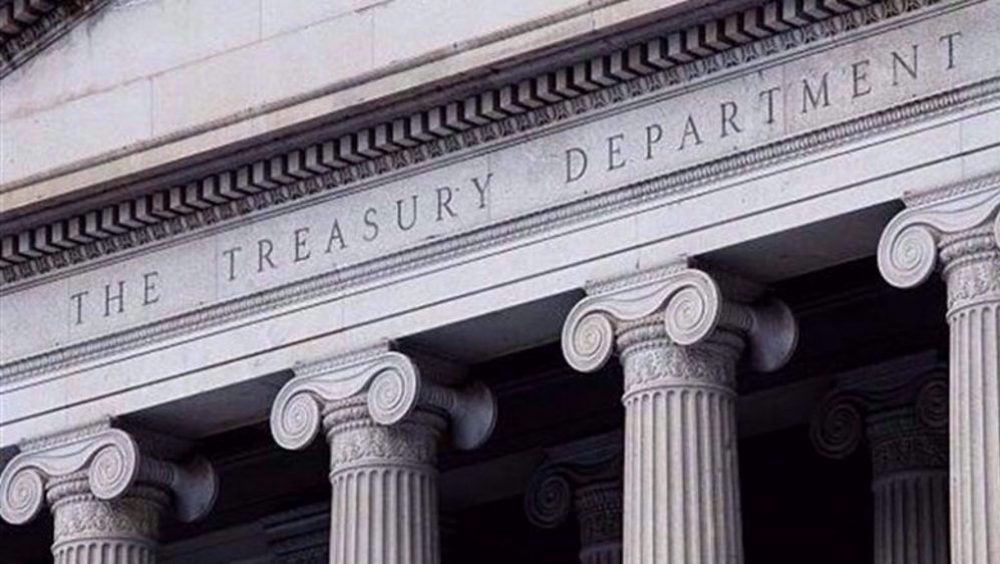Taiwan opposition delegation travels to China to forge ties
A high-profile Taiwanese delegation consisting of opposition officials has broken ranks with the government and traveled to China to strengthen frosty ties amid tensions with Beijing.
The eight-member delegation, including officials and country chiefs from several cities, met with senior Chinese officials who praised the visitors for their efforts to "promote peaceful development of cross-strait relations."
Following the meeting, Beijing vowed to promote agricultural trade, technology and tourism with those counties who had sent representatives.
The delegation’s visit to China comes amid severed ties between Beijing and Taiwan, following the election of the new Taiwanese president, Tsai Ing-wen.
The Beijing-skeptic Tsai, who hails from the anti-unification Democratic Progressive Party (DPP), came to power after a landslide victory in January over the ruling Kuomintang or Nationalist Party.
Kuomintang officials have in the past met with mainland politicians in Beijing, but Sunday's meeting was the highest-profile since Tsai took office.
Observers say the meeting between the Taiwanese delegation and Beijing is a move to pressure Tsai to ameliorate broken ties with Beijing.
Beijing says Tsai’s acceptance of the "One China" policy would pave the way for resuming cross-strait talks. China sees Taiwan as part of its territory and has called on Taipei to be reunified with the mainland.
Political analyst Francis Hu said Beijing is sending a clear message to Taiwan. If Taiwan accepts the "One China concept, they will be rewarded economically,” said Hu, head of Tunghai University's political science department.
"This is a tug-a-war of public opinions" of the nation on whether it would be economically beneficial to forge relations with China, said Hu.

However, Tsai and DPP have refused to acknowledge the "One China" concept, refusing to recognize the 1992 Consensus, which affirms that both sides of the strait belong to China.
Tsai has seen her popularity falling and faced a raft of protests since taking office in May due to the ailing economy which continues to stagnate. Various factions within her new DPP party are also divided over the issue as they seek public approval.
President Tsai was voted in on the promise of making Taiwan proud of its identity once more and diversifying trade away from Beijing.
Jan. 15: ‘Axis of Resistance’ operations against Israeli occupation
VIDEO | US fires: Criticism mounts over govt. failure to respond
VIDEO | Fears, hope in Gaza amid intensified ceasefire efforts
VIDEO | Press TV's news headlines
Hamas: Ceasefire agreement result of steadfastness, resistance in Gaza over 15 months
Hamas thanks Iran, Resistance Front following achievement of ceasefire in Gaza
'Capitulation': Israeli officials and media concede Gaza defeat as truce unfolds
'Gaza has won': Social media users react to ceasefire with mix of relief, joy















 This makes it easy to access the Press TV website
This makes it easy to access the Press TV website